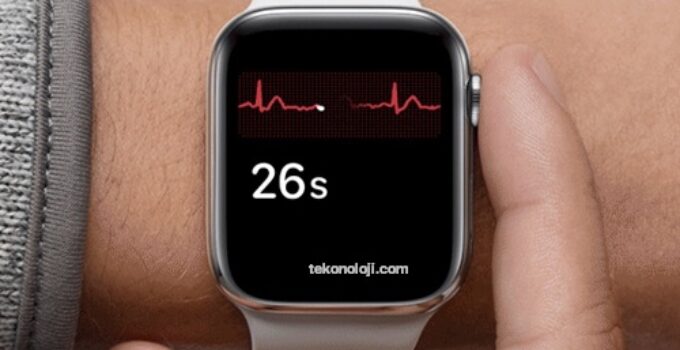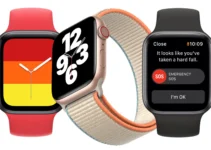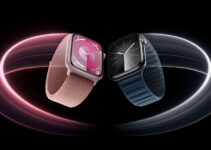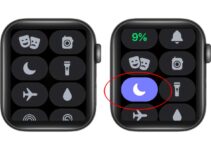Apple Watch detects another heart condition. The Apple Watch ECG can detect another very dangerous heart disease, especially if it is not caught in time: medical researchers talk about it in a study conducted by the Mayo Clinic, according to which the watch sensors would be sufficient to diagnose the left ventricular dysfunction.
The 10 things you can do with Galaxy Z Fold 4 (and not on iPhone)
The results of this research are very important because – they say – this kind of dysfunction is often followed by congestive heart failure:
Left ventricular dysfunction of the heart is usually followed by congestive heart failure, which can lead to a multitude of heart ailments. In fact, the left ventricle is primarily responsible for pumping oxygen to the body’s vital organs: it is therefore important to diagnose any problems with the left ventricle as soon as possible.
The study explains that this dysfunction is often not diagnosed because it is asymptomatic, so people often do not know they have it. The fact that the Apple Watch has the potential to passively detect it or even help diagnose it means that you can avoid a whole lot of trouble without having to do anything other than wear the watch.
The study was conducted on 2,454 patients from the United States and 11 other countries who essentially shared over 125,000 ECGs from their Apple Watch between August 2021 and February 2022. This data was “cleaned” and processed via an AI algorithm – currently under FDA review – developed by the researchers, which was then able to “detect patients with low EF in an area under the curve of 0.885 (95% confidence interval 0.823–0.946) and 0.881 (0.815–0.947), using the mean forecast within a 30-day window».
The research results – published in Nature Medicine this week – show how consumer ECG devices, especially those integrated into smartwatches, used in non-clinical settings can identify this type of cardiac dysfunction, thus inferring that “the potential of smartwatches in remote conduction of digital health studies is only in its infancy.”



